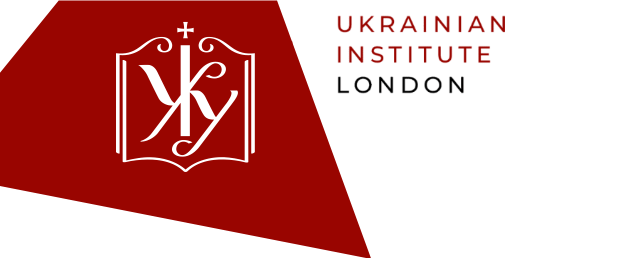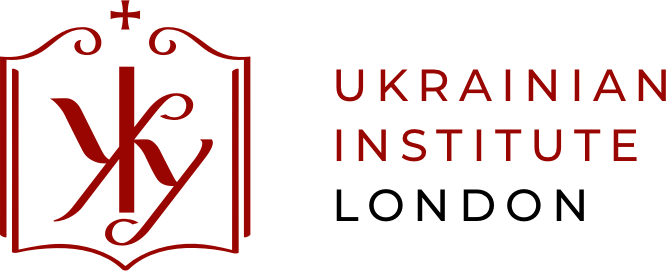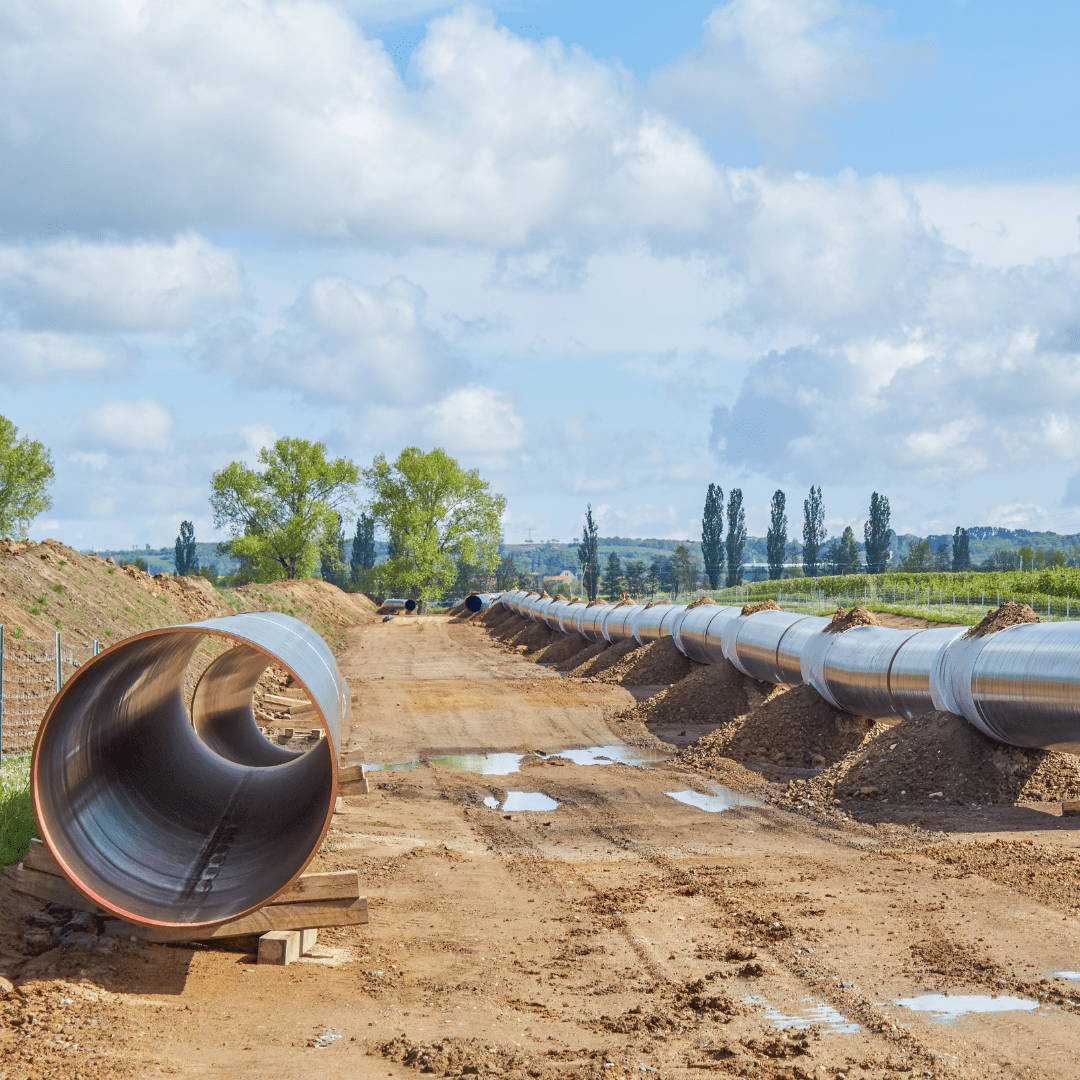Speaker
Andreas Umland
Dr Andreas Umland is an Associate Professor of Political Science at the National University of Kyiv-Mohyla Academy and an analyst for Stockholm Centre for Eastern European Studies, Swedish Institute of International Affairs. He is a specialist in Ukrainian and Russian domestic politics, East European foreign affairs, right-wing movements and German Ostpolitik. In addition, he is an editor of the ibidem Press book series "Soviet and Post-Soviet Politics and Society" and "Ukrainian Voices." He holds a PhD in Politics from the University of Cambridge and a DrPhil in History from the Free University of Berlin. He has taught at the Ural State University in Yekaterinburg, St. Antony's College Oxford, Shevchenko University of Kyiv, Catholic University of Eichstätt, and the University of Jena.

Speaker
Aura Sabadus
Dr Aura Sabadus is a senior journalist specialising in the energy markets of Black Sea countries. She works for ICIS, a global energy and petrochemicals news and data provider, where she focuses on issues related to energy market liberalisation, pricing, regulation, and political risk. Aura also contributes articles and research papers on energy and geopolitical risk related to Ukraine and the wider Black Sea region to international think tanks such as the Atlantic Council and RUSI. Prior to joining ICIS, Aura worked as a journalist for several UK-based mainstream media outlets. She holds a PhD in International Relations from King’s College London and occasionally teaches courses on energy market liberalisation at the University of Westminster in London.

Speaker
Rebecca Harms
Rebecca Harms is a German politician. She has served three terms as an MEP for Greens–European Free Alliance from 2004 until 2019. During her time as MEP, in 2017-2019, she was the Chair for Delegation to the Euronest Parliamentary Assembly. In addition, from 2004-2009, she was a delegate to Verkhovna Rada, and from 2014-2019, she was a delegate to the EU-Ukraine Parliamentary Association Committee. Rebecca has also been a member of the European Parliament’s delegations to Russia and Moldova. As an MEP, she has actively worked to promote and further integrate European norms in Ukraine and other eastern European countries. In the European Parliament, Rebecca has co-chaired Greens-European Free Alliance from 2009 up until 2016.

Moderator
Olga Tokariuk
Olga Tokariuk is an independent journalist and non-resident fellow at CEPA (Center for European Policy Analysis) based in Kyiv, Ukraine. Her professional interests include Ukrainian politics, international relations and disinformation research. Olga has vast experience working with Ukrainian and international media, such as EFE news agency (Spain), RAI, ANSA (Italy), BuzzFeed News, NPR (USA). She is a former head of the foreign news desk at the independent Ukrainian Hromadske TV. Olga co-authored an investigative documentary about a controversial trial of Ukrainian soldier Vitaliy Markiv in Italy, and published a research paper on the role of Russian disinformation in this case. She is a former scholar of the Digital Sherlocks program at the Atlantic Council’s DFR Lab.




